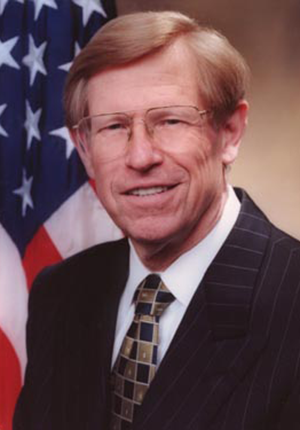Summary
This case considered the independent counsel statute, adopted by Congress in the wake of Watergate. The statute created an “independent counsel” appointed by a special court, and who could be removed only for good cause, to investigate alleged ethical violations by high-level executive branch officials. Government lawyer Theodore Olson, who was under investigation by the independent counsel, contended that the statute creating the independent counsel violated separation of powers. The Court, however, held that the law and its protection of the independent counsel from removal did not violate the separation of powers. This opinion set an important precedent that Congress may impose some limitations on the President’s power to remove executive branch officials.







